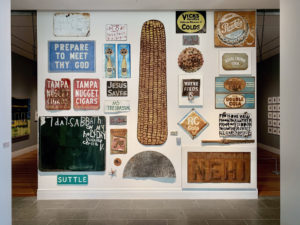
It was Sunday morning, late February, a week before the immense survey “Memory is a Strange Bell: The Art of William Christenberry” was to come down. There was no way to stomach missing this retrospective. I booked a flight a few days before the show ended, arriving in New Orleans on Mardi Gras’ hangover, on Ash Wednesday. What would I give up for Lent? Certainly nothing my favorite multi-faceted artist instilled in me long ago, the day I pulled William Christenberry’s book Southern Photographs down from the college shelf. I credit that enlightening moment for keeping me beholden to photography, when early on I could’ve lost interest. Something in those Brownie camera prints woke me up to the intelligence of looking, rendering space, landscape, the manmade, the channeling consciousness hosted by a tangible exterior for the ruminative individual. 60 hours in New Orleans, much of that Thursday spent amid the transcending work of Christenberry. Praise for the Ogden Museum is immense. They curated numerous rooms individually focused on specific themes and media type, attentive to the tiniest details his work commands. Each experience with Christenberry’s oeuvre of work (I’ve been to 3 other retrospectives) – paintings, assemblage, sculptures, drawings, handmade dolls, photographs, found objects – peels back another layer regarding the mysticism, darkness and revelation of Memory, Space, Iconography and Time. Christenberry once said, “I think that oftentimes art can make an outsider look back and make him feel like he has always been a part of it.” I think of those words, nodding along, and his fondness for the traditions of oral history. He left us with an enormous array of work assuming the role of orator.
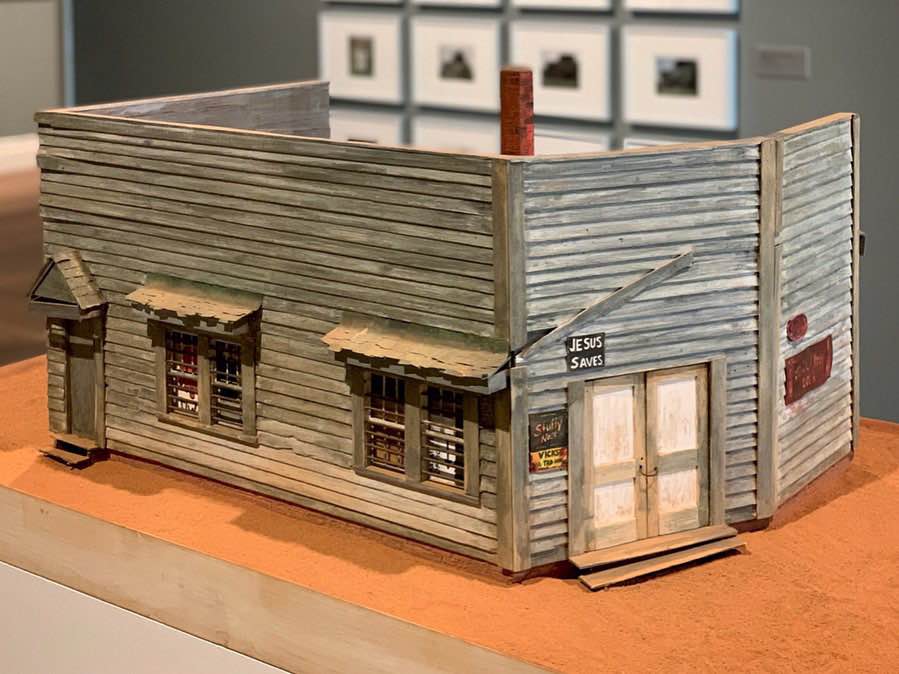
I was reading an excerpt in the latest issue of Harper’s (April, 2020) from writer Kay Ryan, from her book of essays “Synthesizing Gravity”. She discusses memory and the flip side – forgetting, stating, “Memories seem to us like messages from a past whose author isn’t quite the self we know. They have a position similar to dreams in the sense that they are visited upon us. They enjoy the respect and special lighting accorded the mysterious.” Ryan’s words could easily apply to that other self Christenberry harbored inside, or maybe better, gleaned in the exterior world – mining that mystic “author” with unrelenting intrigue. Through five decades of annual sojourns south to Alabama, to his maternal home Hale County, the place of his earliest memories, Christenberry probed the concrete and elusive. He focused on those objects inherently southern – tenant houses, churches, country stores, grave markers, advertising signs, the rust, the soil, the invasive weeds and vines, walls draped in the decayed color of time, fallen infrastructure – those vernacular objects signifying Hale County, its landscape, but also its socioeconomic and political past.
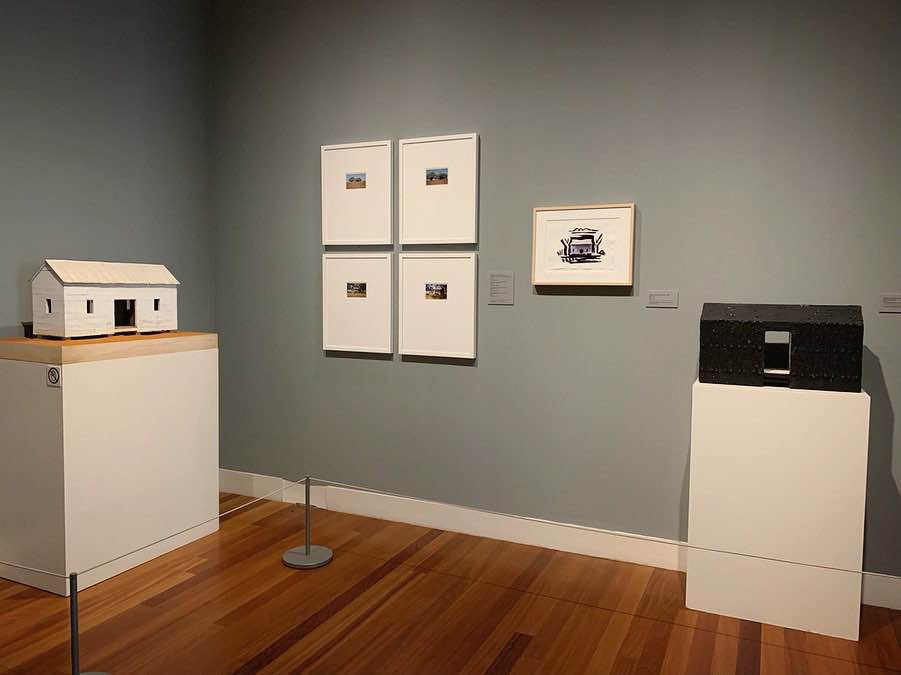
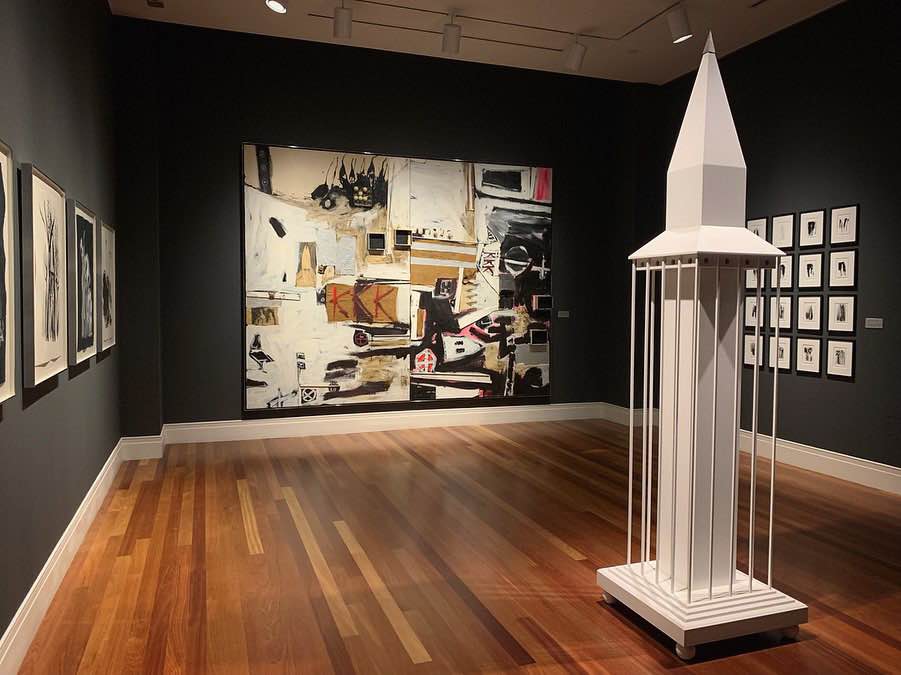
Christenberry understood space, intuitive in his reaction to the rural landscape. He transposed its telltale silence, its veil of truths, beauty and horrors whispering. He had this ecstatic conservatism in his impulse. The way he composed things spatially are a direct reaction to that feral sensibility. His photographs, sculpted miniatures, assemblage constructions, paintings, ink drawings, etc., they all introduce objects and expressive strokes of emotion to occupy and complete space. A dedicated artist sensible to his/her maternal landscape knows exactly the template available for such expression and revelation – in Christenberry’s case, objective and abstract, alight with the powers of folklore too.
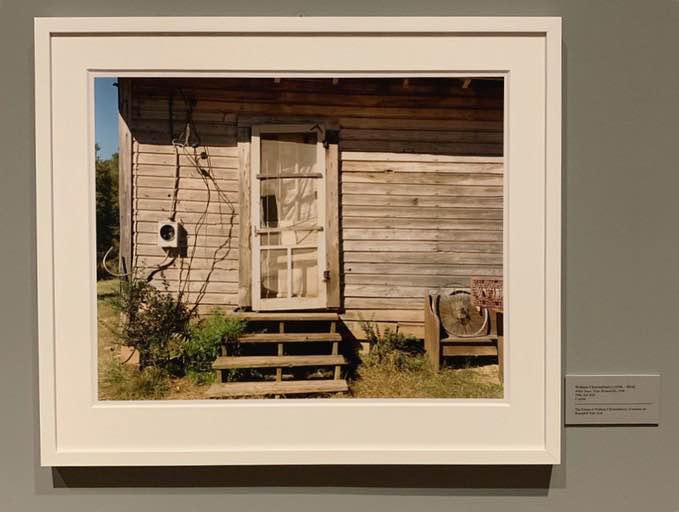
One of America’s greatest artist, we contend with the notion that he lost his life after the infliction of Alzheimer’s disease. I remember boarding the plane home from Lisbon, the day of his passing in late Autumn, 2016, just after reading the sad news, I don’t remember the flight, or the landing. I remember staring out a foggy hotel window before heading to the airport, W.C.’s “Dream Buildings” flashing in my mind that morning. I miss him in the world. An artist so clearly focused, intrigued in such earnest with the scope of consciousness, externally, internally and all its facets mythical.
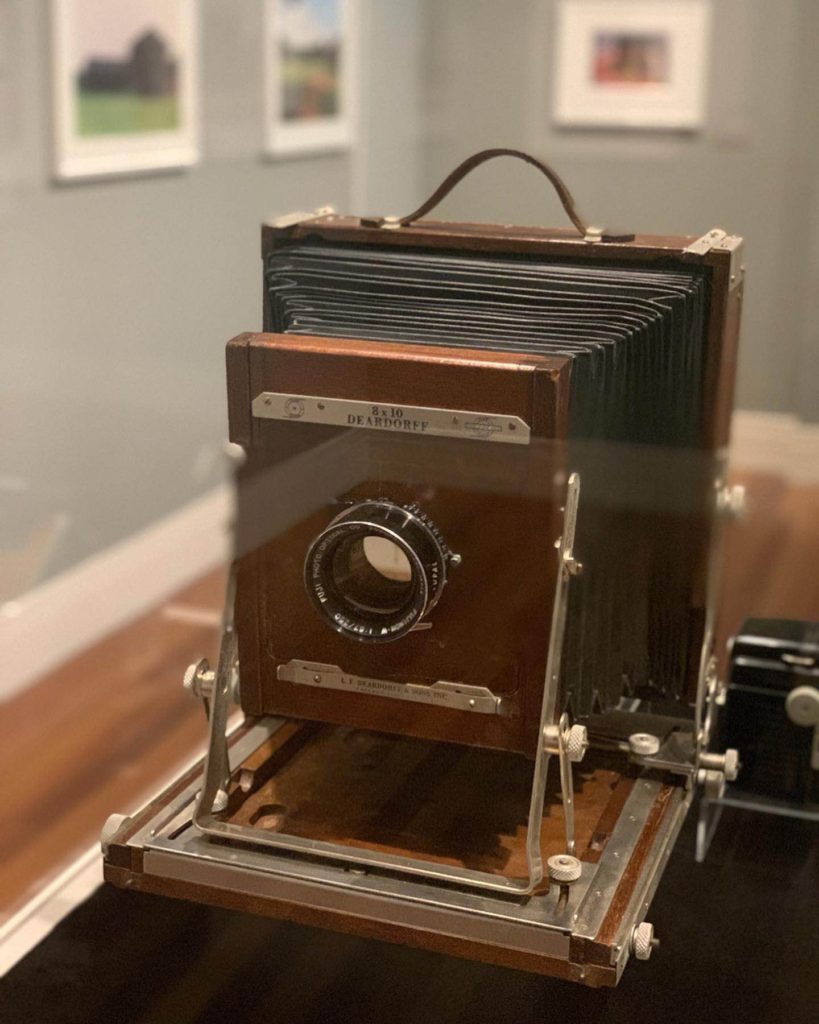
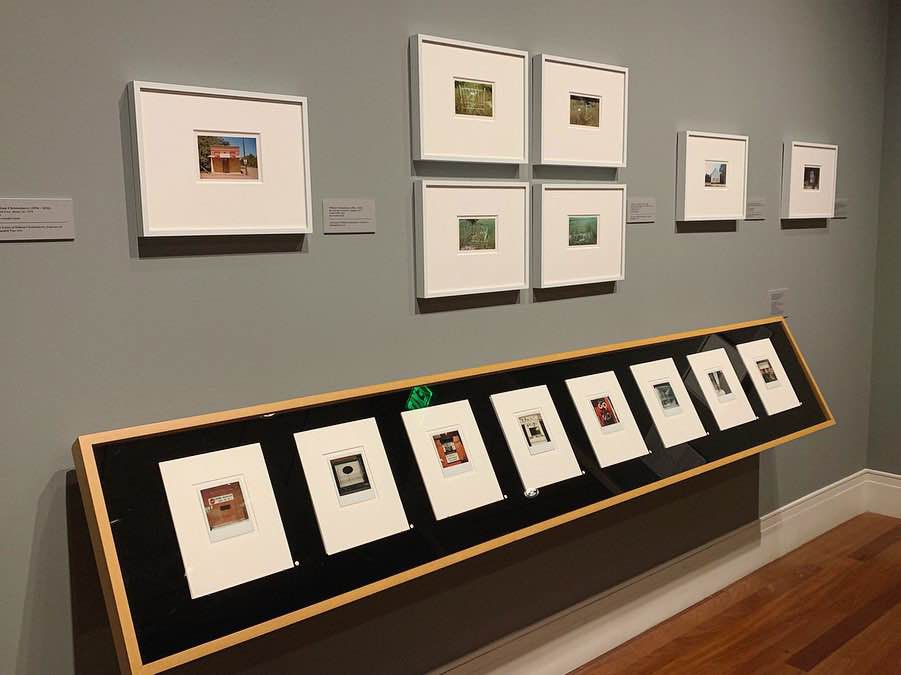
Memory is a Strange Bell ran from October 5, 2019 thru March 1, 2020. It is not traveling further. For further info, follow link to Ogden’s exhibition summary -> HERE
MORE PHOTOS BELOW
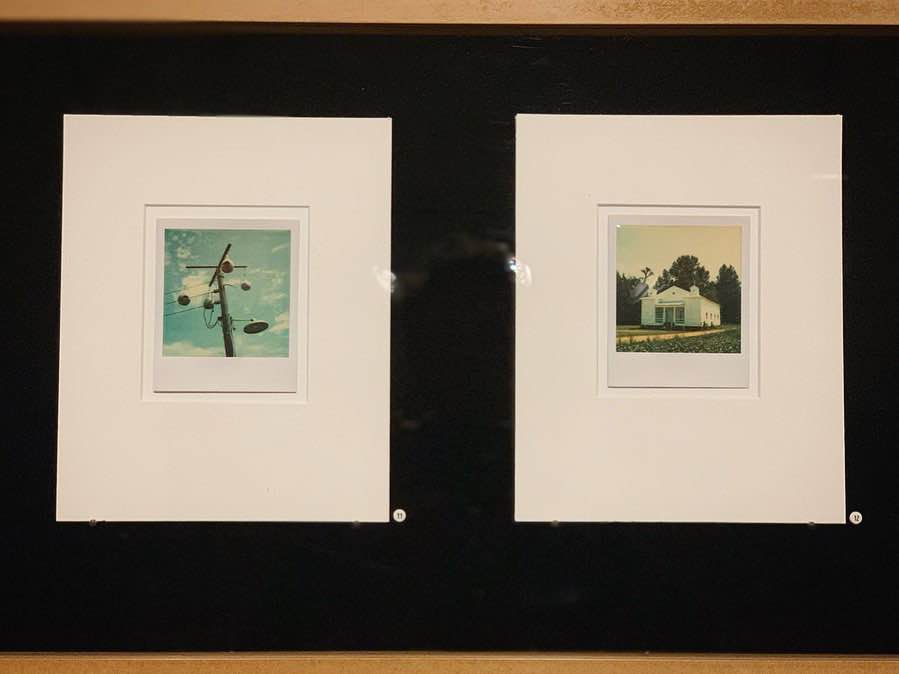
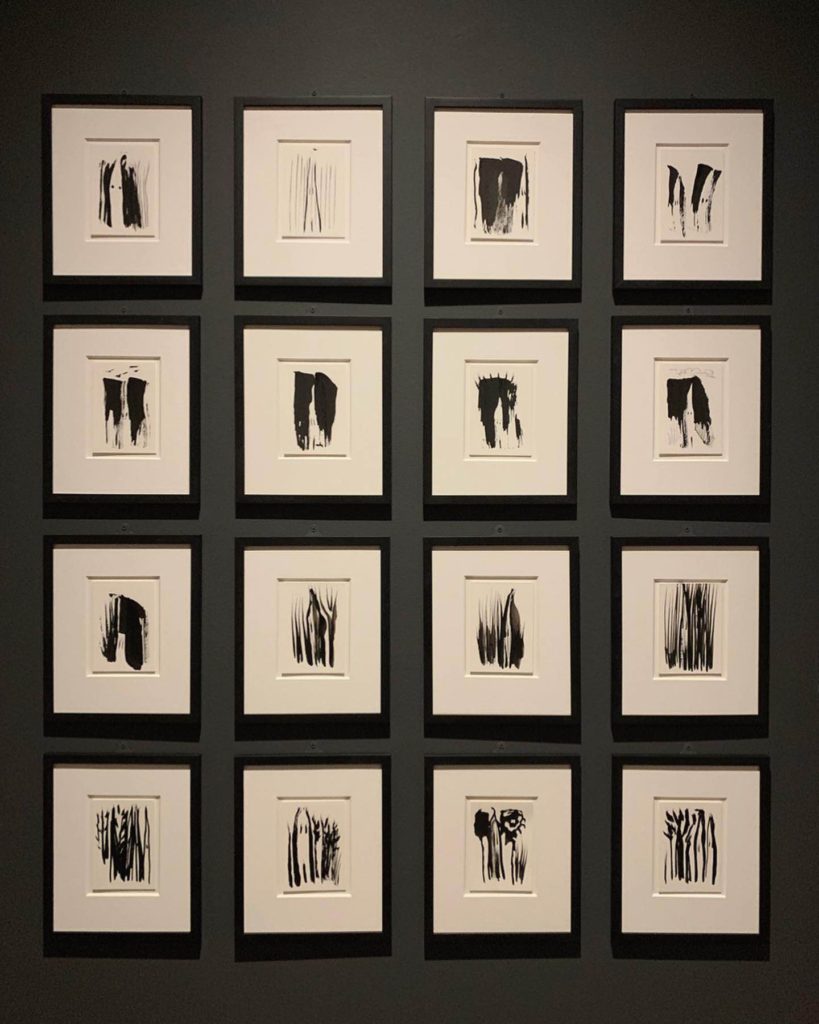
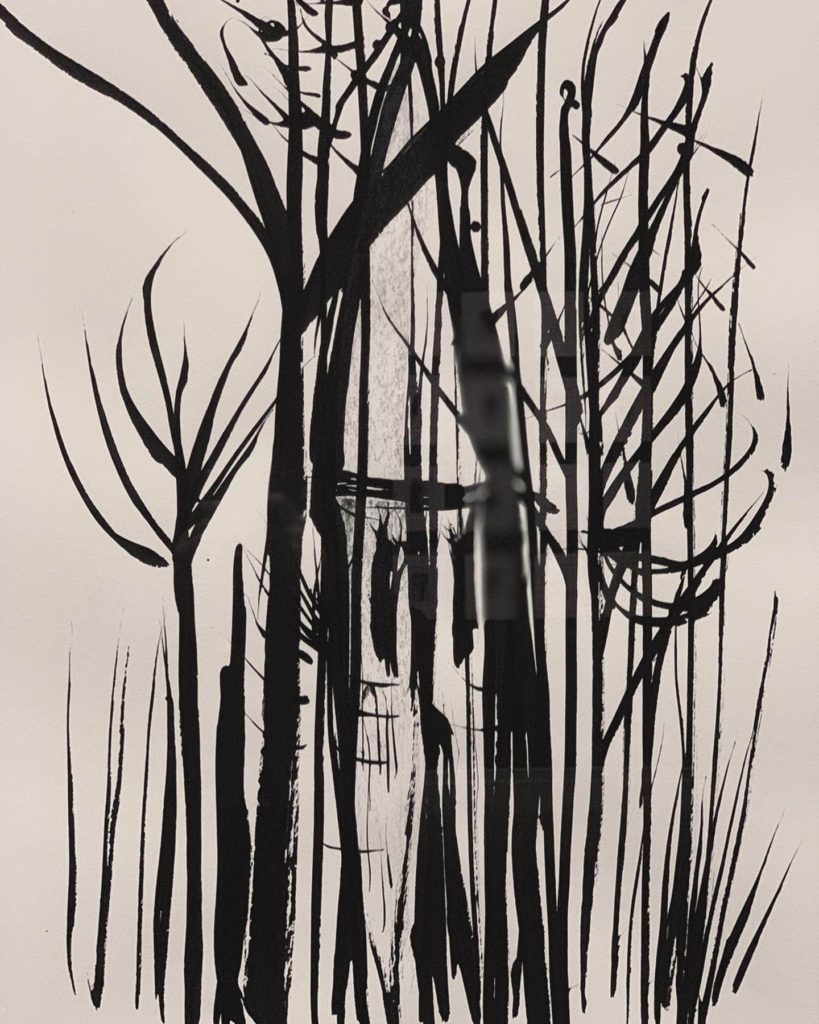
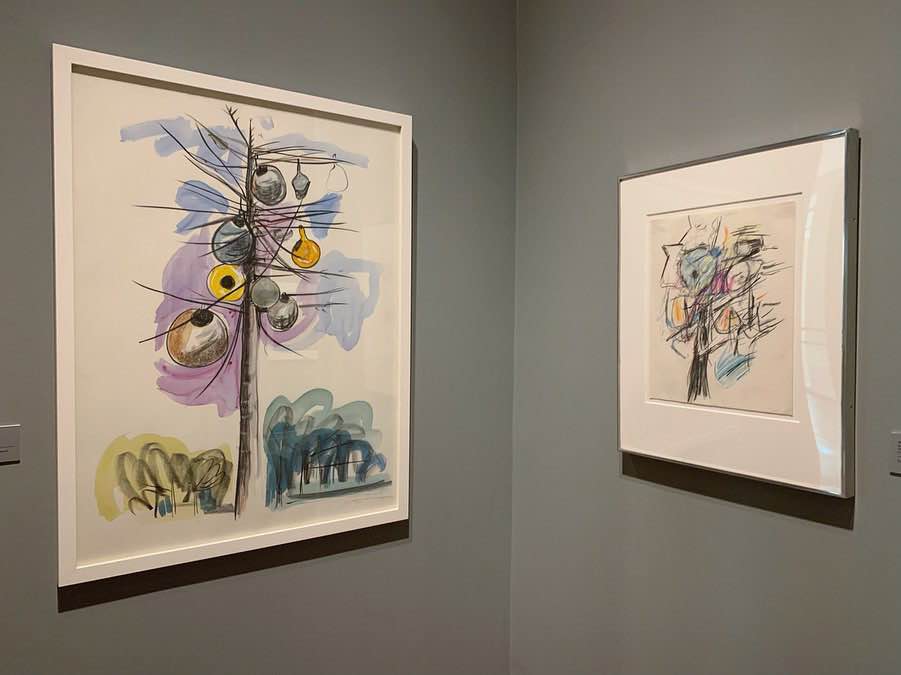
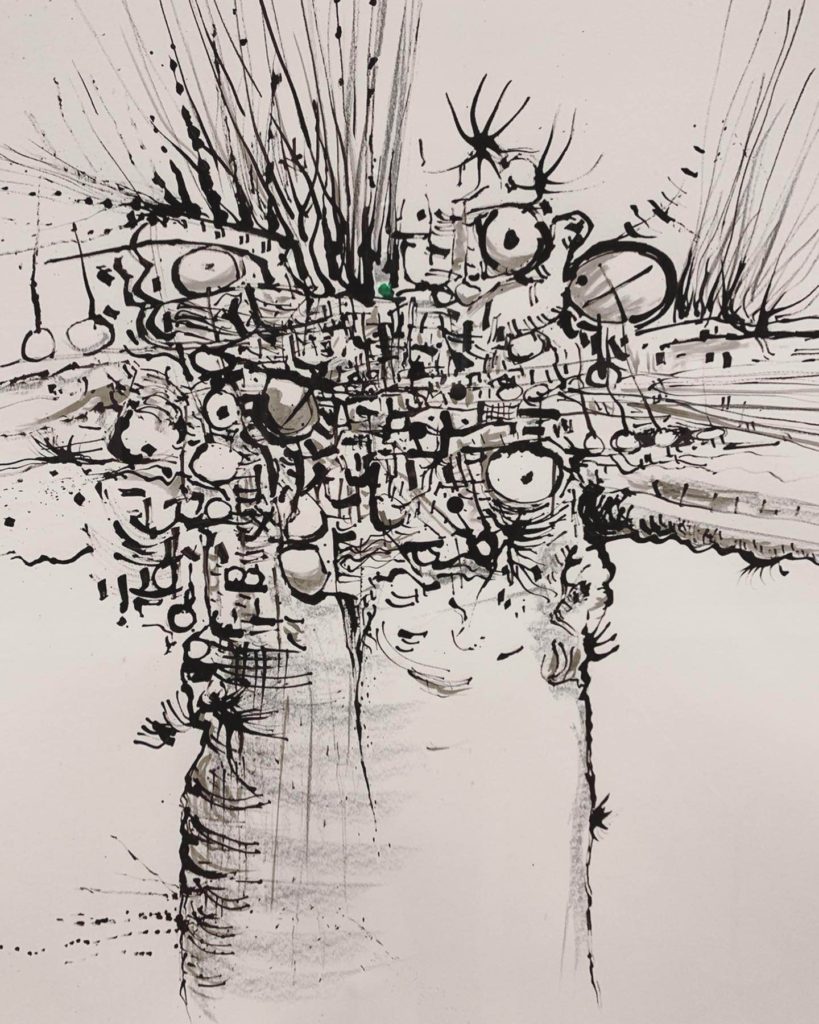
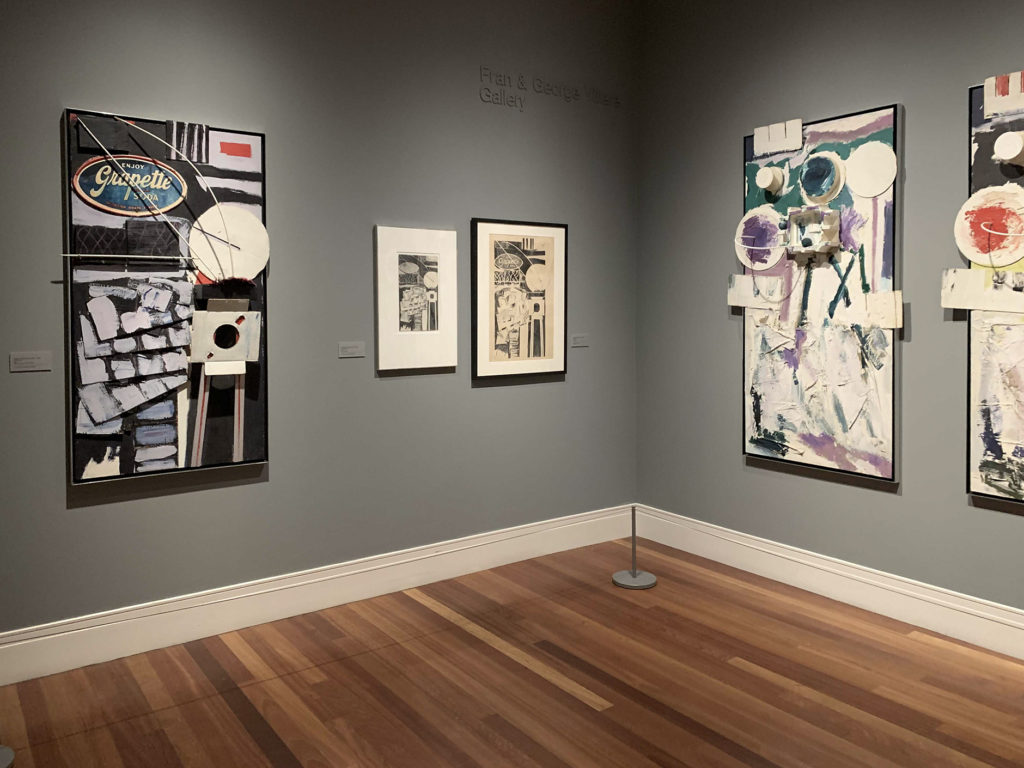
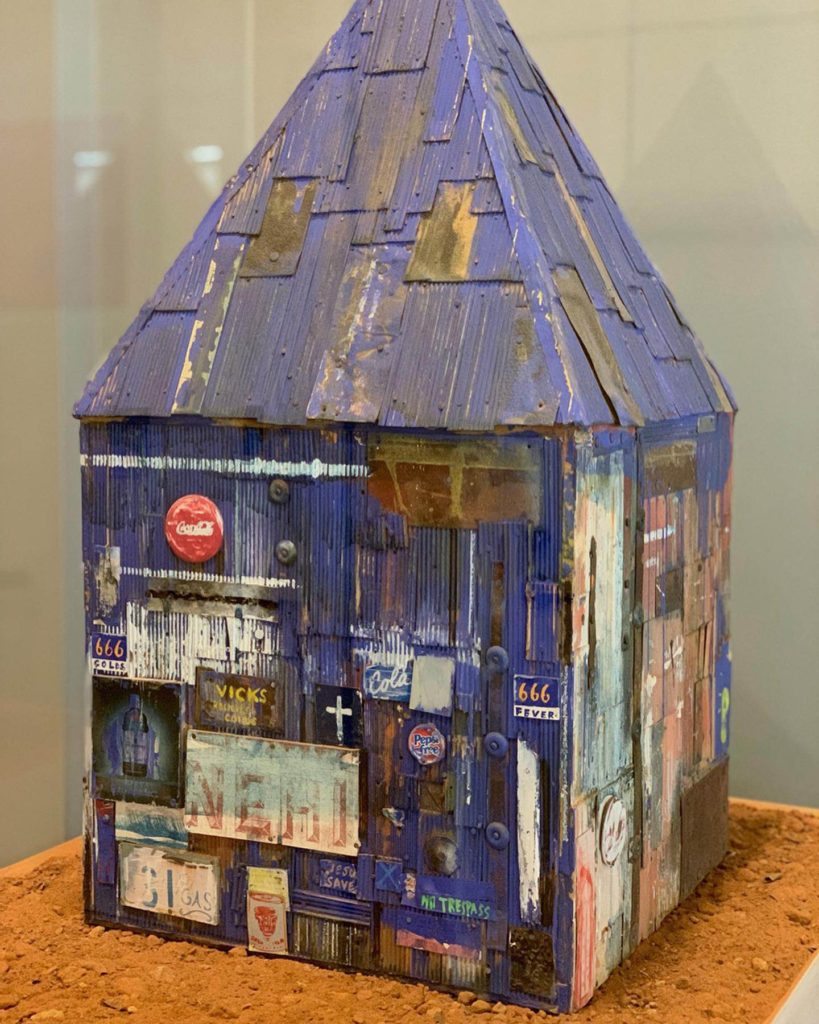
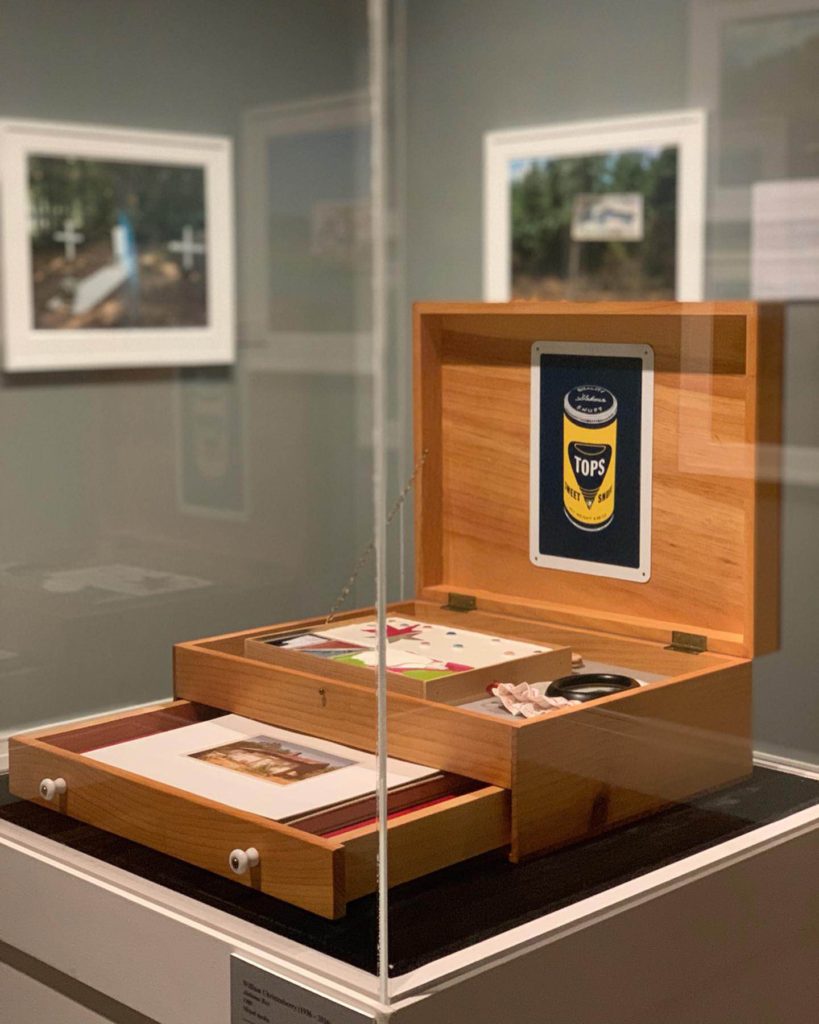
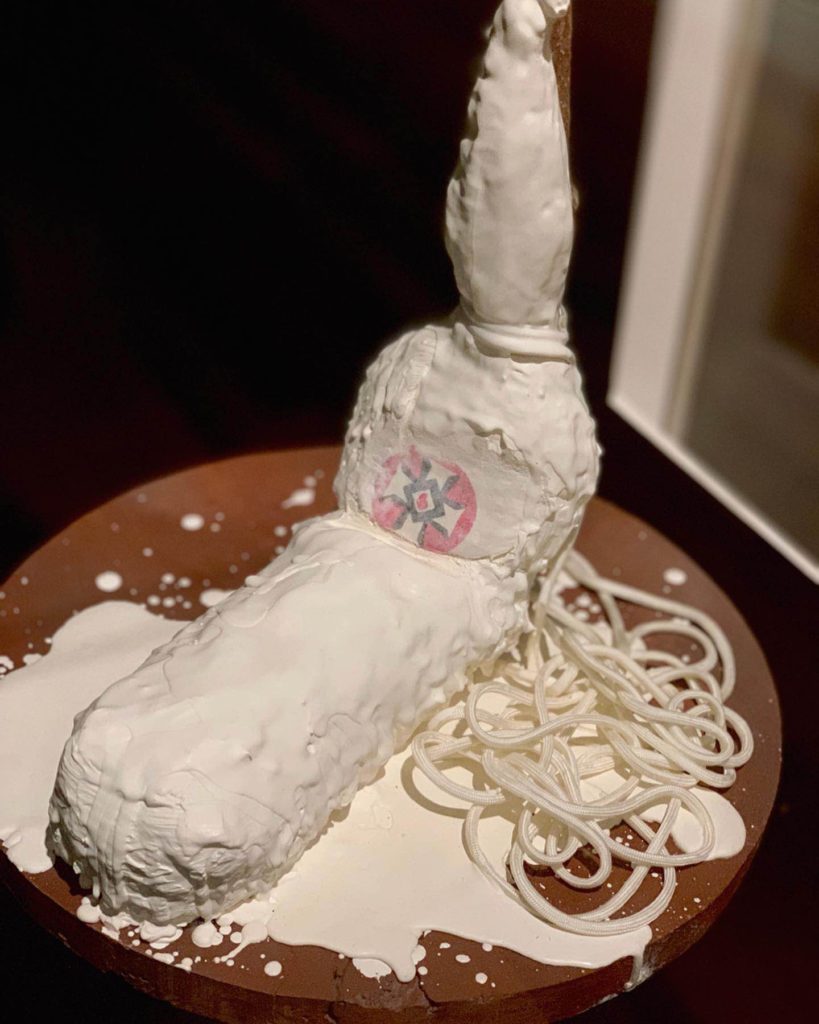
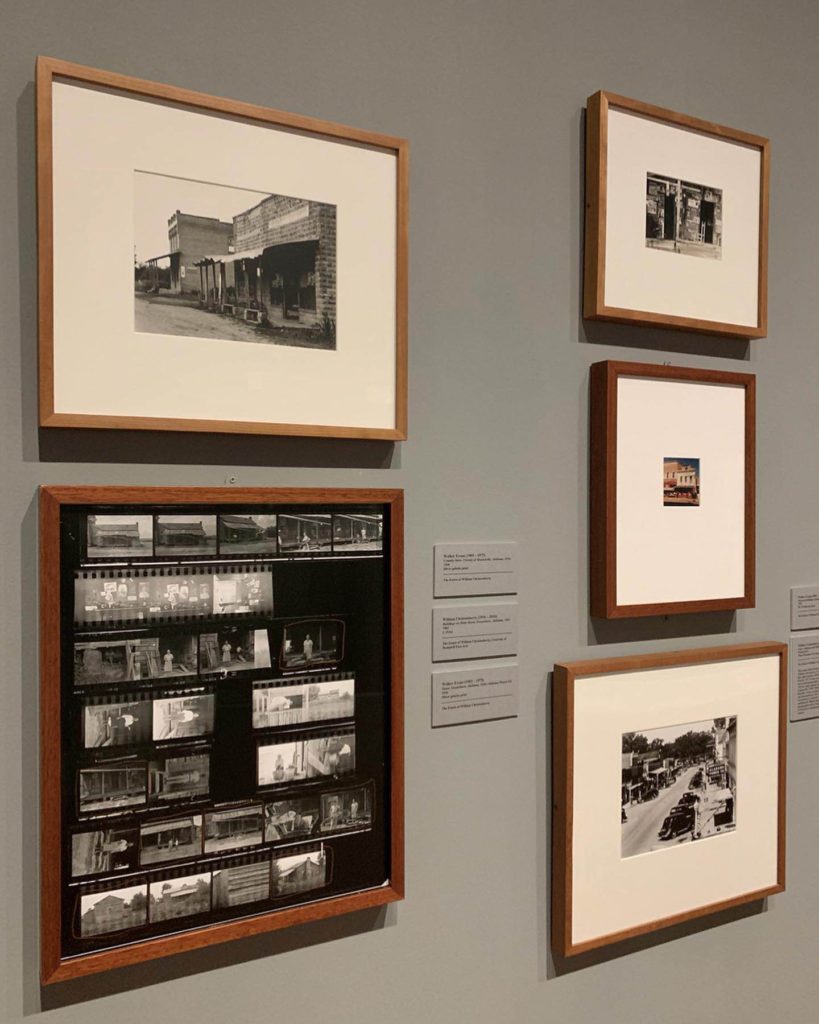
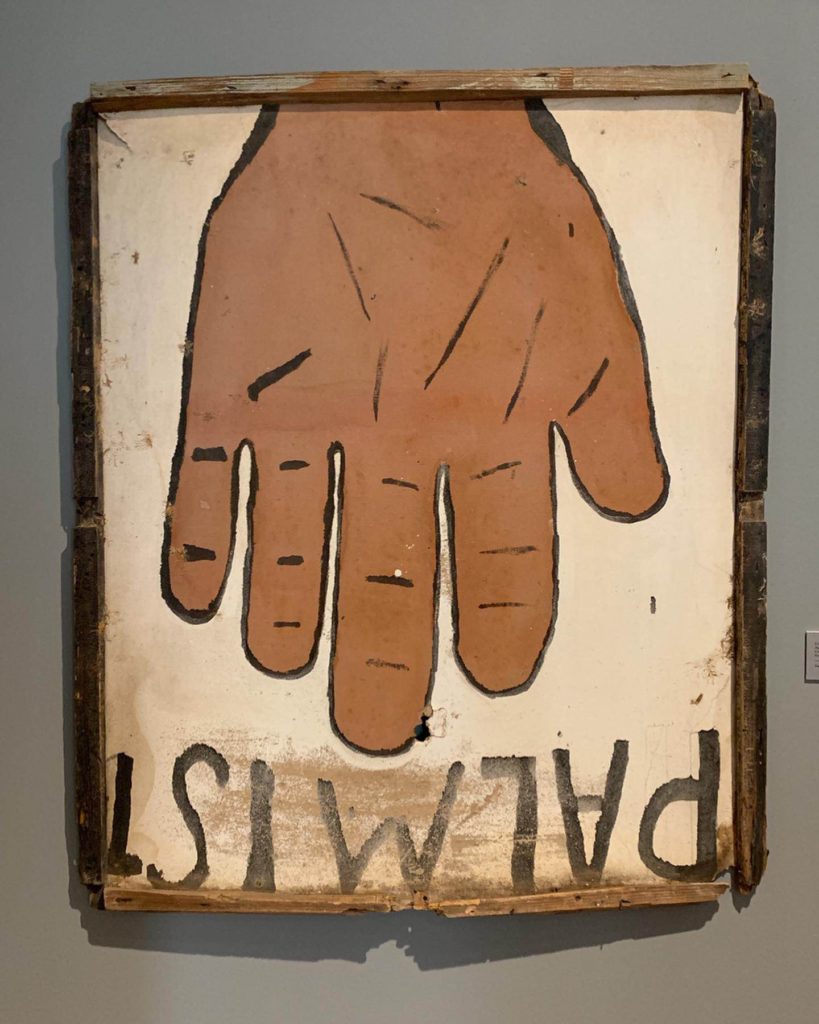
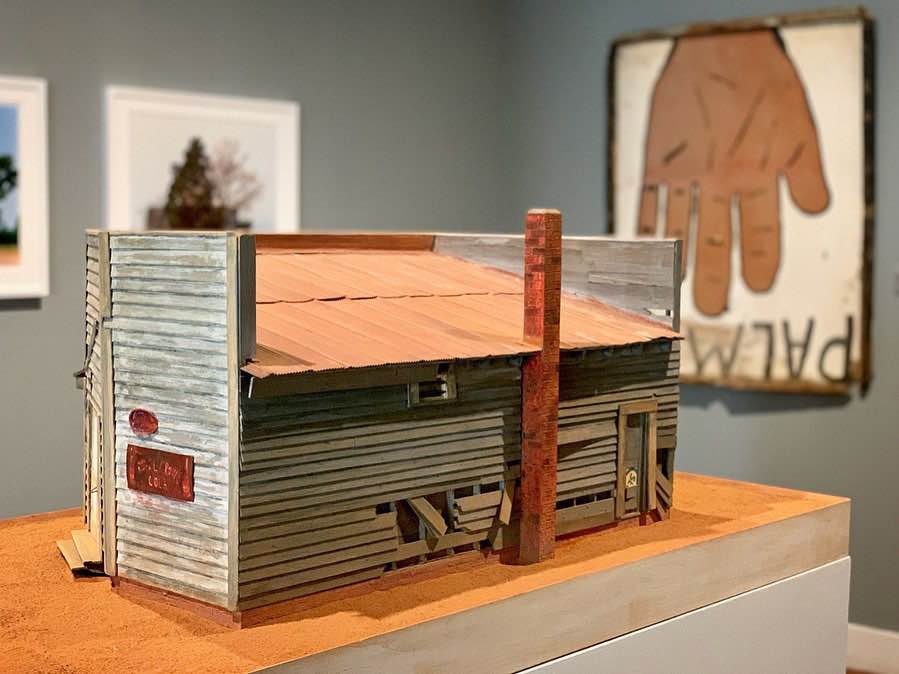
“Memory is a Strange Bell” ~ Emily Dickinson (from Jubilee and Knell)